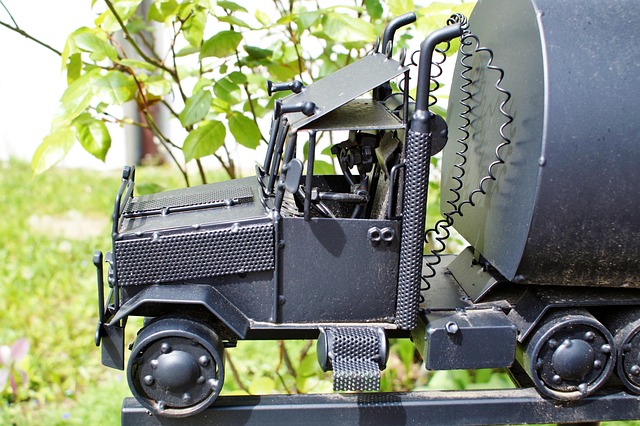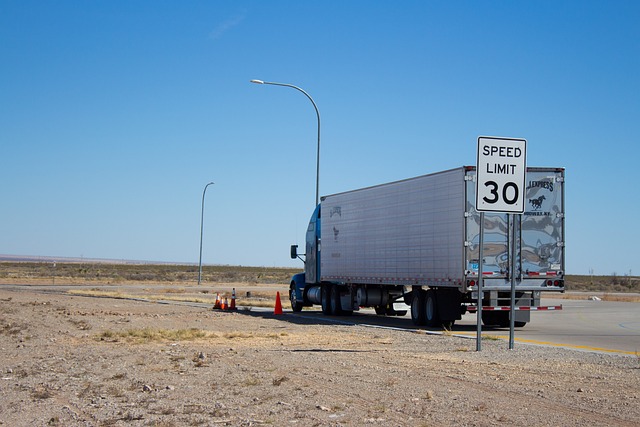Small fleet operations face diverse challenges in providing adequate cargo protection, requiring tailored insurance coverage for specialized goods. Understanding these needs is crucial for offering comprehensive insurance that meets unique requirements. Cargo protection is a critical, often overlooked component, allowing operators to safeguard investments beyond standard liability policies. Insurers should assess each fleet's risks and operations, customizing policies with tailored coverage, including provisions for fragile or high-value items, and adjusting based on usage patterns. Implementing best practices like securing loads, using weather-resistant packaging, and regular vehicle inspections, along with efficient fleet management software, reduces damage and loss risks. Regularly reviewing and adjusting coverage policies ensures small fleets get optimal value for their insurance investments.
In today’s dynamic market, small fleets face distinct operational challenges requiring tailored insurance solutions. This article delves into the art of customizing coverage to meet the unique needs of these vital transport networks. From understanding the nuances of small fleet operations to leveraging cargo protection strategies, we explore how insurers can offer comprehensive risk management and cost-effective policies. By examining specific strategies and best practices, this guide empowers stakeholders to navigate the insurance landscape, ensuring their fleets are protected against unforeseen circumstances.
Understanding Small Fleet Operations: Uncovering Unique Challenges and Requirements

Small fleet operations, often comprising a few vehicles and dedicated drivers, present distinct challenges compared to larger commercial fleets. These operations typically involve specialized cargo protection for diverse goods, ranging from delicate machinery to perishable items. Each fleet has unique requirements shaped by their specific industry, geographic reach, and business models.
For instance, agricultural fleets may require robust cargo protection during long-distance transports to preserve fresh produce, while construction fleets might need secure storage solutions for specialized tools and equipment. Understanding these nuances is crucial in tailoring insurance coverage that addresses not just liability but also potential losses from damage, theft, or natural disasters.
The Role of Cargo Protection in Tailoring Insurance Coverage

In the realm of insuring small fleets, tailoring coverage to meet specific needs is key. One critical aspect often overlooked but of immense importance is cargo protection. For businesses relying on fleet vehicles for goods transportation, ensuring the safety and security of their cargo is paramount. Customizing insurance plans to include comprehensive cargo protection allows fleet owners to safeguard their investments, which are not always covered under standard liability policies.
By integrating cargo protection into their insurance strategies, small fleet operators can mitigate risks associated with theft, damage, or loss during transit. This tailored coverage enables businesses to manage liabilities effectively and maintain smooth operations. Given the varying types of goods transported, from fragile items to valuable freight, having specialized cargo protection adapts to these unique requirements, ensuring comprehensive risk management for small fleets in today’s digital era.
Strategies for Customizing Insurance Policies to Match Fleet Needs

When customizing insurance policies for small fleets, a strategic approach is key. Insurers should focus on assessing each fleet’s unique risks and operations. For instance, businesses with specialized cargo protection requirements, such as fragile or high-value items, can tailor their coverage to include specific provisions for these valuable assets. This might involve enhancing liability limits or adding endorsements for cargo security during transit.
Additionally, considering the fleet’s usage patterns is vital. Whether it’s regional trips or long-distance hauling, insurers can design policies that account for varying mileage and driving conditions. Policies can be adjusted to offer more comprehensive protection for high-risk routes or scenarios, ensuring that small fleet owners receive tailored coverage that aligns with their specific operational needs.
Best Practices for Effective Risk Management and Cost Optimization in Small Fleets

Small fleets, whether they’re transporting goods or passengers, face unique challenges in risk management and cost optimization. A key best practice is implementing comprehensive cargo protection strategies. This involves securing loads properly to prevent shifting during transit, using weather-resistant packaging for outdoor storage, and regularly inspecting vehicles for mechanical issues that could lead to accidents. By prioritizing cargo protection for fleets, operators can significantly reduce the risk of damage and loss.
Furthermore, efficient fleet management software can optimize operations by tracking vehicle maintenance schedules, monitoring driver behavior, and analyzing route efficiency. This technology helps identify costly inefficiencies and enables proactive decision-making. Regularly reviewing and adjusting coverage policies based on these insights ensures that small fleets get the best value for their insurance investments while staying protected against potential risks.
In conclusion, customizing insurance coverage to meet the unique needs of small fleets involves a deep understanding of their operations, challenges, and specific requirements. By prioritizing cargo protection as a core element in tailoring insurance policies, fleet operators can ensure their valuable assets are safeguarded against potential risks. Implementing effective risk management strategies not only optimizes costs but also fosters long-term operational efficiency and resilience for these specialized transportation businesses.
